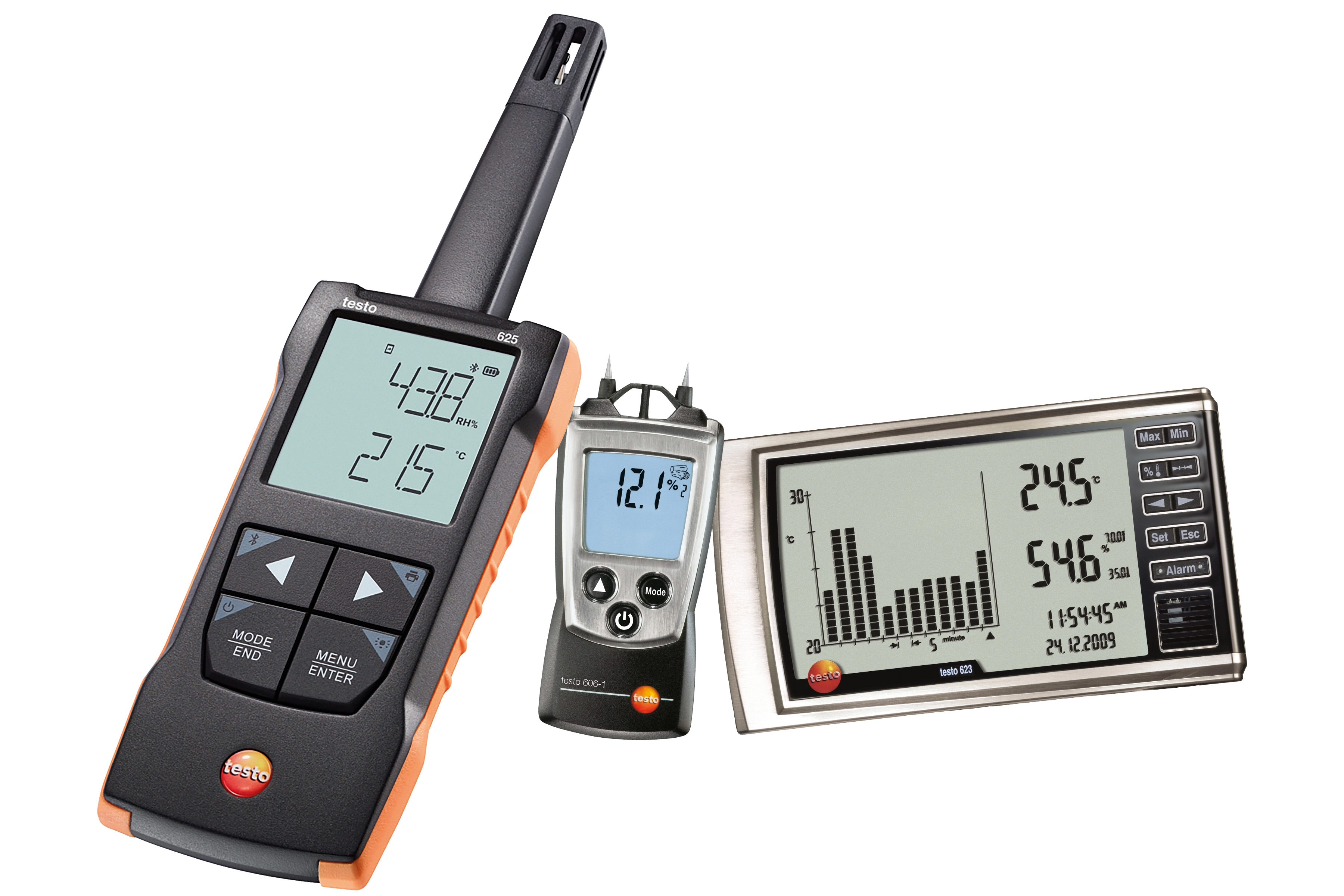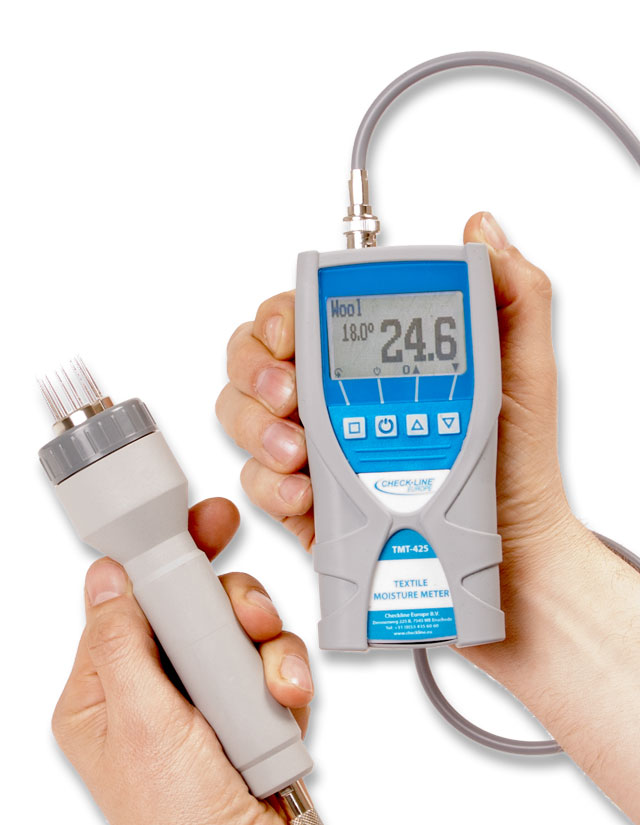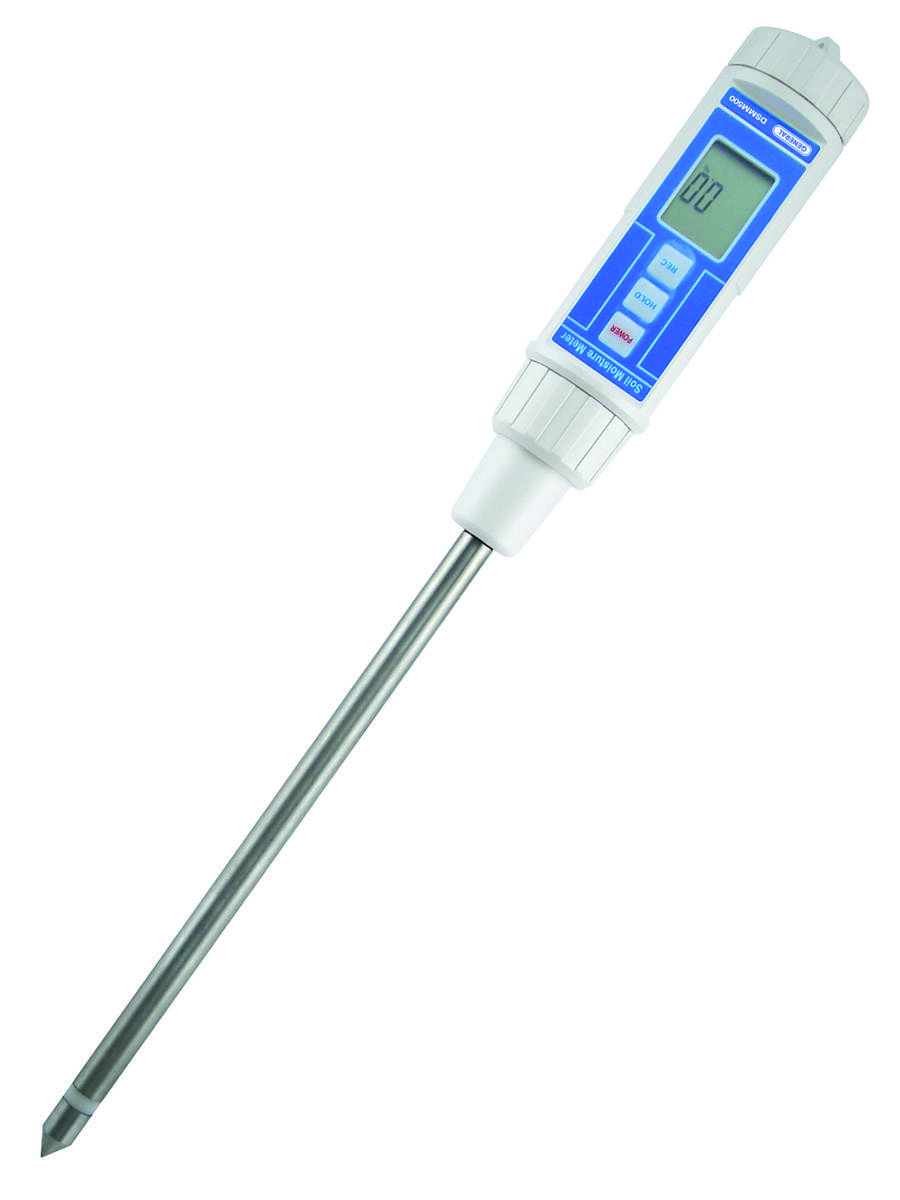Moisture Meter Purchasing Guide: What to Seek in High-Quality Instruments
Moisture Meter Purchasing Guide: What to Seek in High-Quality Instruments
Blog Article
The Ultimate Guide to Moisture Meters: A Comprehensive Introduction and How They Can Conserve You Cash
In the realm of structure upkeep, building, and numerous markets, the value of precisely measuring moisture degrees can not be overemphasized. Wetness meters work as indispensable tools in spotting and keeping track of moisture content in products, helping in avoiding costly problems and making sure the quality of items. Comprehending the nuances of various kinds of moisture meters, their applications, and the possible cost-saving benefits they offer can be a game-changer for organizations and experts alike. Finding how these gadgets can not only simplify processes but likewise add to financial cost savings is a journey worth starting.
Kinds Of Moisture Meters
Numerous types of moisture meters are available for various applications in different industries. One usual type is the pin-type dampness meter, which measures the electric resistance between two pins put into a product. This kind appropriates for timber, drywall, and other structure materials. Pinless wetness meters, on the various other hand, use electromagnetic sensing unit plates to scan a bigger location without causing damages to the product's surface. These meters are suitable for quickly examining dampness levels in big locations such as floorings and walls.
Moreover, there are additionally specialized dampness meters made for particular materials like hay, grain, or dirt. These meters give accurate moisture readings tailored to the distinct properties of the material being tested. Infrared moisture meters measure the thermal homes of a product to identify its wetness material non-invasively, making them helpful for applications where pin or pinless meters may not appropriate. Comprehending the different kinds of wetness meters offered can help industries choose the most ideal device for their details dampness dimension requirements.

Benefits of Using Moisture Meters

In addition, using wetness meters can cause raised energy efficiency. By determining locations with high dampness degrees, such as leakages or poor insulation, adjustments can be made to improve energy preservation and minimize energy prices. In farming setups, dampness meters play an essential role in enhancing crop yields by allowing farmers to keep an eye on soil moisture degrees and make educated watering choices. On the whole, the advantages of making use of dampness meters extend across different markets, giving affordable services and promoting better quality assurance practices.
Exactly How to Choose the Right Moisture Meter
Picking the ideal wetness meter involves considering crucial aspects such as material compatibility, dimension variety, and calibration accuracy. When picking a wetness meter, it's important to ensure that the meter is ideal for the particular material you will certainly be screening. Different products have varying electric residential properties that can impact dampness readings, so picking a meter created for your material is vital for accurate outcomes. Additionally, take into consideration the measurement series of the wetness meter. Make certain that the meter can find moisture degrees within the range needed for your applications. Calibration accuracy is one more critical aspect to keep in mind (Moisture Meter). Choose a moisture meter with trustworthy calibration to ensure exact and regular readings. web link Some meters may call for routine calibration modifications, so recognizing the calibration process is necessary. By carefully examining these factors, you can select a moisture meter that fulfills your needs and gives accurate wetness dimensions for your jobs.
Correct Techniques for Moisture Meter Use
To guarantee accurate dampness analyses and maximize the performance of a dampness meter, utilizing proper strategies is crucial. When utilizing a pin-type moisture meter, put the pins or probes into the product being checked until they make complete contact. By adhering to these appropriate techniques, customers can depend on their moisture meter to give credible dampness levels, aiding in stopping costly damages or guaranteeing high quality in numerous applications.

Price Cost Savings Through Moisture Meter Applications
Exactly how can the critical utilization of moisture meters lead to considerable expense financial savings throughout numerous industries? In the agriculture industry, moisture meters aid in identifying the ideal time for collecting plants, protecting against excess or over-drying dampness that can impact the last product's high quality.

In addition, in the food processing sector, dampness meters are vital for monitoring product top quality and guaranteeing conformity with safety guidelines. By properly measuring wetness web content in food products, manufacturers can stop spoilage, preserve freshness, and minimize waste, causing significant expense savings. Overall, the calculated application of wetness meters is this post a valuable financial investment that can result in substantial price decreases and enhanced efficiency throughout different industries.
Verdict
In final thought, wetness meters are important devices for measuring and discovering dampness degrees in numerous materials. By making use of the appropriate wetness meter and adhering to proper methods, customers can effectively stop pricey problems triggered by excess wetness.
Dampness meters serve as vital devices in discovering and monitoring moisture material in products, assisting in avoiding expensive problems and ensuring the quality of products. Infrared wetness meters gauge the thermal properties of a material to identify its dampness web content non-invasively, making them useful for applications where pin or pinless meters may not be appropriate.Wetness meters supply very useful benefits in properly keeping an eye on and examining wetness degrees in diverse materials and atmospheres. In agricultural settings, moisture meters play image source an essential role in enhancing crop yields by enabling farmers to monitor dirt wetness degrees and make notified irrigation decisions.In conclusion, moisture meters are valuable tools for measuring and detecting moisture degrees in different materials.
Report this page